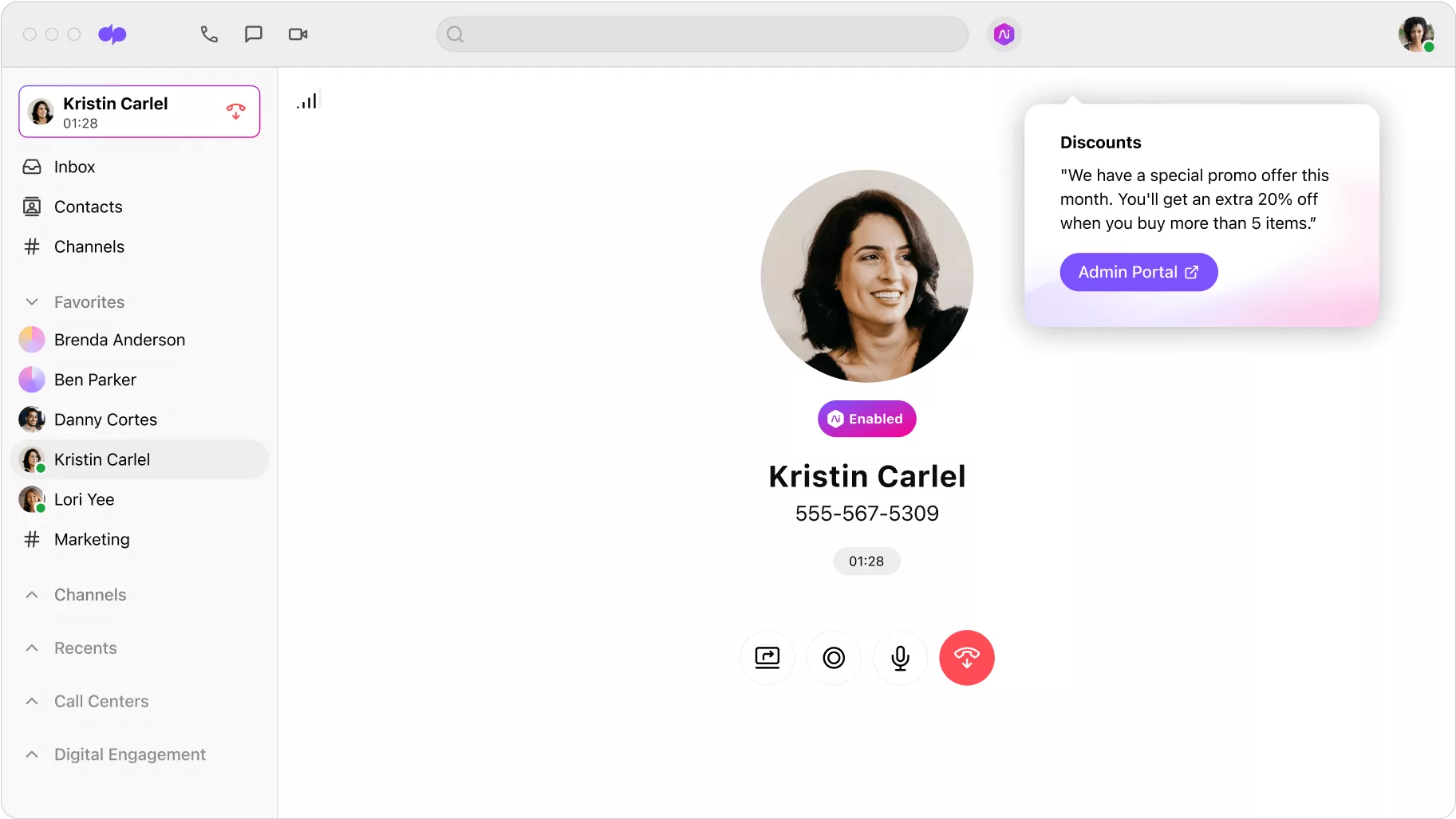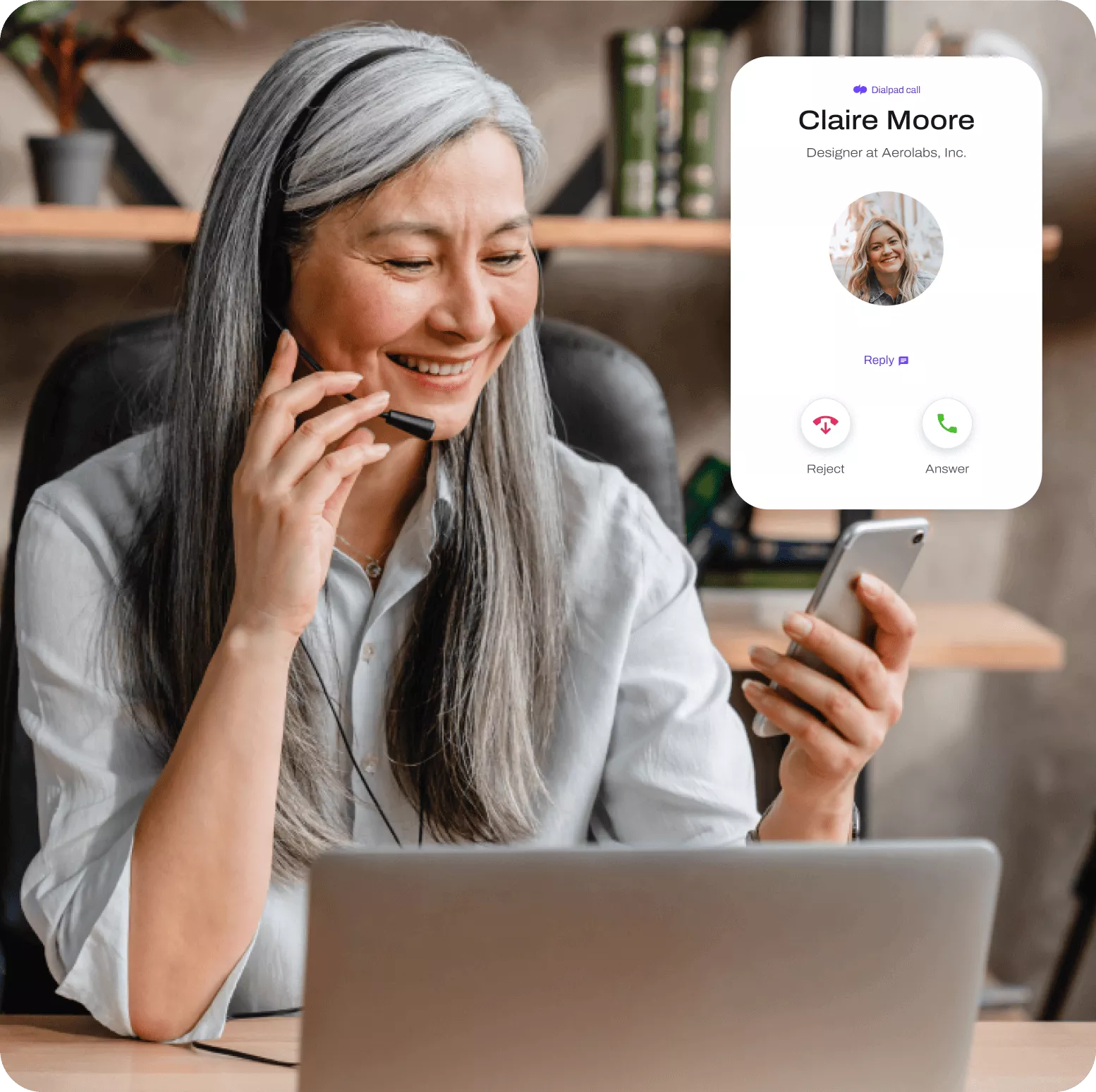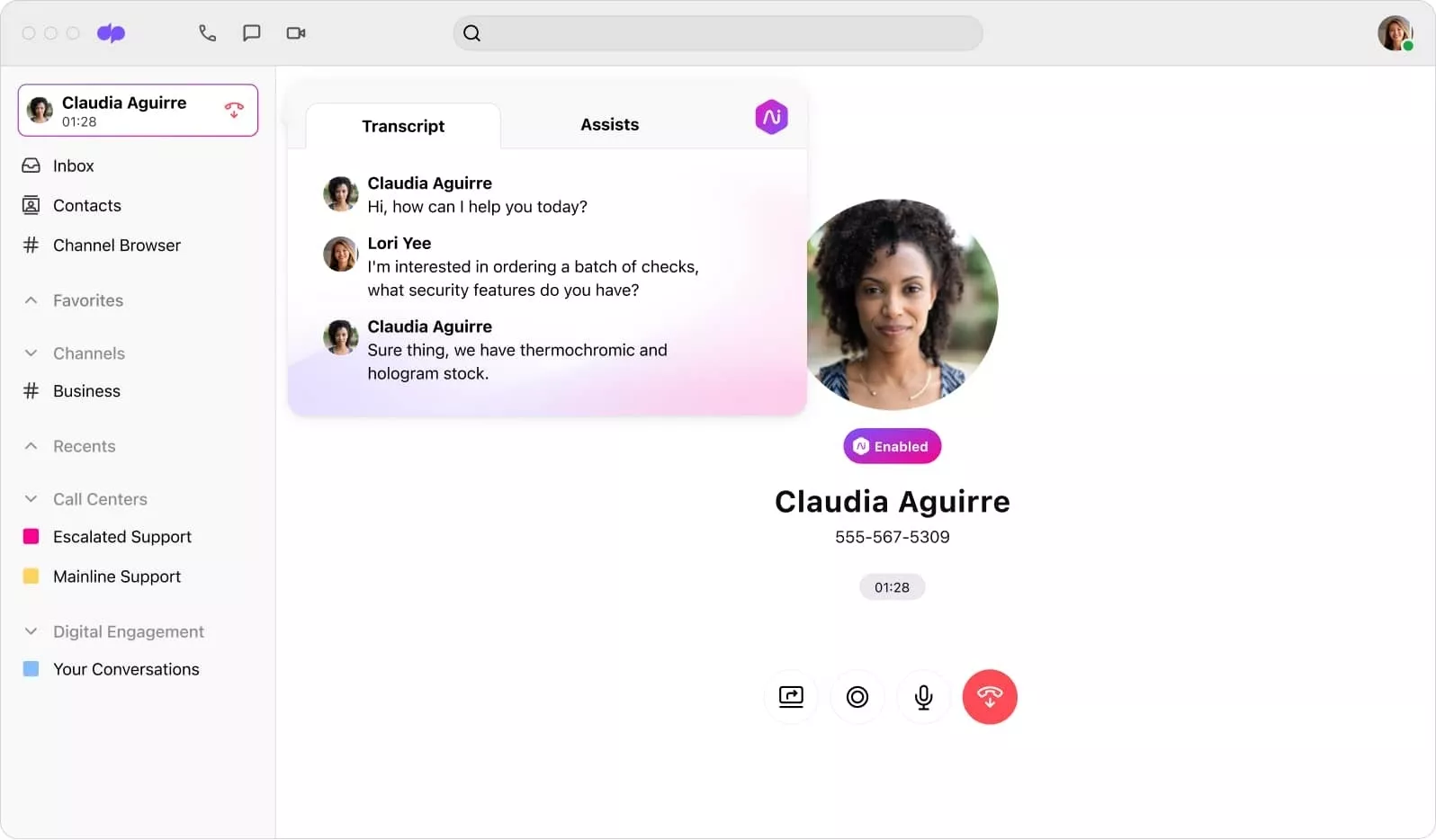Landlines are on the way out, and it’s not just the forces of progress pushing them into obsolescence—it’s a decision from the UK telecoms industry.
The UK government announced that landlines will be phased out over the next couple of years, leading to a final switch-off of the PSTN (Public Switched Telephone Network or traditional landlines) in the country by 2025 or 2026.
But what led to this decision? And should you care that landlines are disappearing?
When are traditional landlines getting phased out in the UK?
So, when are landlines being phased out in the UK? Well, as you read this, the UK telecoms industry is already actively switching out old copper wires for new fibre-optic cables. The related telecoms infrastructure is also changing.
The government has advised that this change should be complete by 2025/6, but there are various factors that could affect this. While it’s unlikely the UK will fully transition from the PSTN to Voice over Internet Protocol (VoIP) technology before 2025, the transition is already well underway, so well-organised businesses need to be planning ahead.
Barring any significant policy changes, beyond 2025/6, telecom companies will no longer offer broadband or landline services that use the PSTN network.
Why is the Public Switched Telephone Network (PSTN) of landlines getting replaced?
The old landline network has been working hard for a very long time. Alexander Graham Bell invented the telephone all the way back in 1875, and some parts of the landline network date back to not much after his time.
The UK landline network was largely in place by the 1930s. While it’s proven very durable and effective, this means maintaining it is getting harder and harder. Bits of it are failing more frequently as they age, and it’s becoming increasingly difficult for telecom companies to source the parts they need to make repairs and do basic line maintenance work.
So, why don’t they just upgrade the landline network rather than switching it off entirely?
If it were just a case of stripping out and replacing old copper wires and connections with new ones, that’s likely what the telecom companies would be doing. However, over the past few decades, a better alternative has come along.
What will replace landline phones?

If you’ve been paying attention over the past few decades, you might have noticed just how much the internet has come to impact modern life.
The internet and related digital tech have been picking up the slack for landlines for a long time, starting with basic mobile networks and evolving into full-on VoIP.
If you don't already know what is VoIP, the abbreviation stands for “Voice over Internet Protocol”. This is a technology that allows you to make phone calls over an internet connection. As telecom companies have installed fibre-optic broadband throughout the UK, they’ve also given the UK an easier way to use VoIP services.
As well as providing a more modern and reliable way to make phone calls, VoIP provides a number of other advantages over traditional landlines.
The advantages of a VoIP-based system over traditional landlines
When it comes to the VoIP vs. landline debate, there’s a clear winner. While landlines do have some advantages—they aren’t as vulnerable to power cuts, for example, and may be more reliable in very remote areas—VoIP has the edge in pretty much every other respect.
VoIP aids competition. Platforms like Dialpad give small businesses access to tools and features that were previously only available to large competitors with a lot of money to spend on expensive hardware.
Collaboration platforms like Dialpad are software-based, and come with a host of in-built features, such as analytics, AI, integrations, and more. This all comes at a competitive price and therefore can help businesses of all sizes, particularly small and medium-sized businesses, outperform their budgets.VoIP is cost-efficient. It’s also typically cheaper to make calls over VoIP. Providers like Dialpad tend to charge a flat monthly rate rather than per call, so VoIP packages often work out at a lot less call-for-call than landline services. The savings increase as call volumes go up.
VoIP is easy to scale. Scaling a landline system is a disruptive and expensive process, involving bringing new wires into your building, installing additional hardware, and so on.
But with VoIP, all you need is an internet connection and an internet-enabled device. Building your network is a simple case of adding new users to your account, so you can scale up with a couple of clicks.VoIP gives flexibility. Finally, you can make and receive calls over VoIP from anywhere with an internet connection. Unlike landlines, you’re not confined to a single location.
What’s more, you can use a platform like Dialpad from any device, so you can access your business network from your smartphone, tablet, or desktop computer.
What do consumers need to do before the switch?

The UK government says the change to VoIP will be straightforward “for most consumers”, but this might vary depending on your communications provider and their equipment.
If, like most UK businesses and households, you already have an internet connection, the change is likely to be a simple one. For Dialpad, all you’ll have to do is download the Dialpad app on your phone, open the app, and then start making calls as you normally would.
No matter what provider you go with, if there are any other steps you'll need to take, they should contact you before the switch to let you know, so keep an eye out for any information from them.
How can a business with a landline-based system prepare?
To future-proof your business communications, the best thing to do is invest in a communications system that uses VoIP technology. This way, the change won’t affect you at all when it comes. You'll also be able to use your smartphone or computer to take calls, instead of relying on a wired phone.
If you switch to Dialpad’s AI-powered collaboration platform, you can expect:
High quality and reliable calling.
Dedicated support for you and your team.
An easy-to-use app, giving you complete access to your network no matter where you are.
A comprehensive admin dashboard, which lets you manage and monitor your communications with ease.
AI assists, real-time transcription, full integration with other communication channels, and more.

Prepare for the landline cutoff by investing in a futureproof communication system
The end of landline networks as we know them is coming soon to the UK. Get ahead of the game and future-proof your business. By switching over your landline to a VoIP number with Dialpad, you won't need to worry about your customers not being able to reach you after the PSTN shut-off. Not only that, you'll get to take advantage of visual voicemail, call summaries, and other time-saving features that a small business VoIP offers.
FAQS about when landlines are phased out in the UK
Don't wait until your landline is phased out—switch to VoIP today!
With Dialpad's AI-powered solution, you can make phone calls, have video meetings, send SMS/MMS messages, and more—all from a single app. Try it for free, or take a self-guided interactive tour of the app first!

